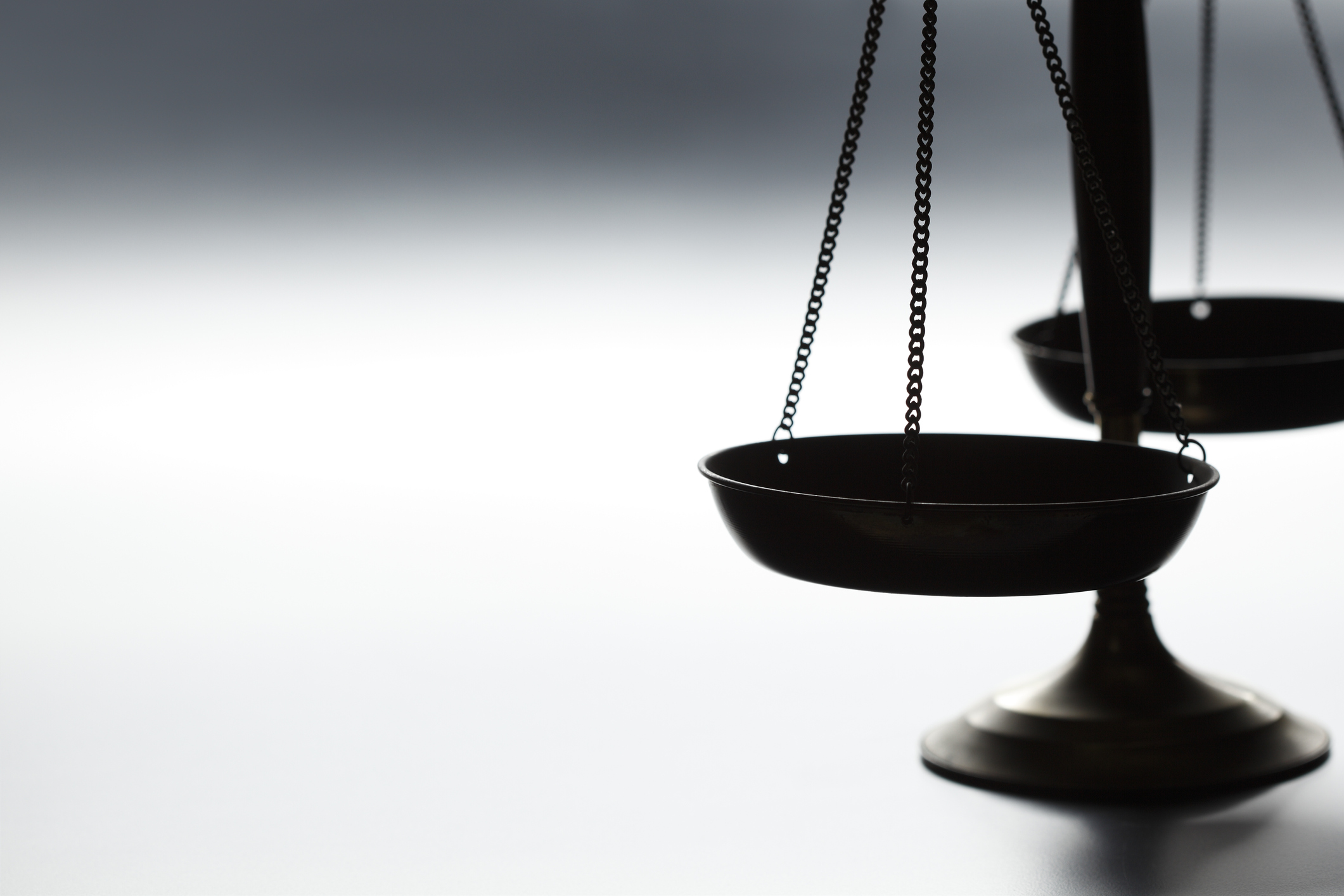
Algerian authorities must immediately release human rights lawyer Abderraouf Arslane and drop bogus “false news” and terrorism-related charges against him which stem from his defense of Hirak activists and the expression of his opinions online, said Amnesty International today ahead of the start of his trial on 30 November.
Abderraouf Arslane was detained on 26 May 2021 in the Court of Tebessa, where he was defending three activists – Aziz Bekakria, Redouane Hamidi and Azeddine Mansouri – who had been arrested earlier that day. After the hearing, the prosecutor ordered the detention of Arslane pending investigation on vague accusations of alleged ties with members of Rachad, an unregistered political movement, and his participation in public debates on the 2019-2021 Algerian protests, also known as the Hirak movement, neither of which are recognizable crimes under international law.
“It is terrible that the Algerian authorities are incarcerating a lawyer simply for doing his job and peacefully exercising his right to free speech. Abderraouf Arslane’s imprisonment and prosecution send a chilling message to lawyers across the country who dare to defend activists or speak up about human rights, especially in the context of the ongoing crackdown on dissent in Algeria,” said Amna Guellali, Amnesty International’s Deputy Director for the Middle East and North Africa.
“The Algerian authorities must immediately release Abderraouf Arslane from arbitrary pre-trial detention, drop all unfounded charges against him, and cease the judicial harassment and intimidation aimed at unlawfully repressing his legal activities.”
According to the minutes of the prosecutor’s interrogation session, which Amnesty International reviewed, a prosecutor interrogated Arslane in relation to online videos in which he spoke about the Hirak movement and criticised the ongoing repression of activists by the authorities. He was also questioned about his relationship with his client, Aziz Bekakria, who the authorities have detained merely for his membership in the Rachad movement. In May 2021, the Algerian authorities arbitrarily designated Rachad and the Movement for the Self-determination of Kabylie (MAK) as “terrorist organizations,” in response to the organizations’ active role in the Hirak. Arslane denies being a member of Rachad.
Prosecutors charged Arslane with “participating in a terrorist group” under Article 87 of the Penal Code, which is punishable by up to 20 years in prison, and for “spreading false news” under Article 196, which brings an additional three-year sentence and a fine.
During his interrogation, Arslane told the prosecutor that he had been representing Aziz Bekakria in the cases brought against him for participating in the Hirak movement.
The prosecution of Abderraouf Arslane deals a hammer blow to the rule of law and access to justice in Algeria. The authorities must ensure that all lawyers are able to carry out their crucial legal work without fear of reprisals or arbitrary restrictions.
Amna Guellali, Amnesty International
Background
Since April 2021, the Algerian authorities have increasingly resorted to using vaguely worded, terrorism-related charges to prosecute journalists, human rights defenders and political activists. Dozens of individuals have been arrested and prosecuted under terrorism charges for their alleged ties to Rachad and MAK. Those prosecuted include human rights defenders and journalists Kaddour Chouicha, Said Boudour and Djamila Loukil, along with 12 other activists.
In 2014, the UN Special Rapporteur on the Independence of Judges and Lawyers, warned about “cases in which lawyers have been sanctioned because of political activities, advocacy work, confusion between the lawyer’s cause and his/her client’s cause, and involvement in the legal representation of clients in sensitive cases.” She called on governments “to refrain from criminally convicting or disbarring lawyers for the purposes of silencing them, preventing them from criticizing public policies or obstructing them in their legal representation of specific clients.”
According to the United Nation’s Basic Principles on the Role of Lawyers, governments should ensure lawyers “are able to perform all of their professional functions without intimidation, hindrance, harassment or improper interference” and they should also “not be identified with their clients or their clients’ causes as a result of discharging their functions”. Legal representation is fundamental to the right to a fair trial, which is enshrined in numerous treaties binding on Algeria, including the International Covenant on Civil and Political Rights and the African Charter on human and peoples’ rights.
Algeria: Release human rights lawyer tried on bogus terrorism-related charges
Source: Global Pinoys PH

0 Comments